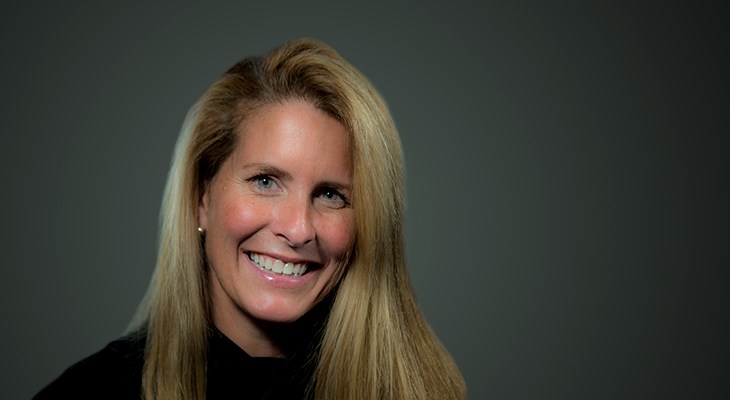As n2y transitioned to a new majority sponsor in late 2019, it signaled the start of the next stage of the company’s lifecycle. Providence Equity Partners now owns the majority share of the company specializing in special education software, curriculum and learning tools, but n2y continues to be backed by the previous majority owner, The Riverside Co.
CEO Chrissy Wostmann says keeping Riverside engaged helped n2y make a smooth transition to new majority ownership.
“Riverside stayed on board with a small investment alongside Providence, which is a nice shift for us,” Wostmann says. “Providence is obviously a larger private equity firm, so you’re getting to know new people. They’re getting to understand your business. But we got to keep one of our deal partners from Riverside on our board, and that’s really helped us in this transition. He knows our team. He knows our business inside and out.”
Wostmann spoke on the Smart Business Dealmakers Podcast about the transition and what the next stage in the company’s lifecycle could bring.
Listen to the full interview
The right fit
With the pandemic disrupting the markets just months into the new relationship, having a familiar face to help speed the transition along was helpful. That was important because the introduction of Paramount brought a different approach.
“We’re talking about COVID, how it’s affected the business and what changes we need to make longer term to make sure that we are staying ahead, because there are some big shifts in education that will probably continue well after COVID is over,” she says. “Education is changing, so we have to be positioned for that.”
In conversations leading up to getting another firm involved, Wostmann says she was looking for industry experience in a partner.
“I think it’s important to have someone who understands education, who’s invested in education and technology businesses,” she says. “We are an education company, but we’re also a tech company. So making sure that we look at how we continue to move forward with our technology, even if it goes outside of education, was a big push for us this time.”
She also considered the right level of involvement.
“We are a different company,” Wostmann says. “When we sold to Riverside, it was a family-owned business the first time around. I had no executive team. My parents had left the business, so we had a lot of work to do there, and we needed the type of model that they provided at that time.”
She says as the business has grown, she wanted someone that was going to be there strategically.
“We still have grown all organically, so we knew it was time for some acquisitions, time for us to think about that,” she says. “So support from that side, could they bring the right people to the table? Could they help us source? Could they help us with integration? We’re still a relatively small team, so all of those things played into our choice the second time.”
On the hunt
Wostmann is now part of a three-person team leading the charge toward acquisitions. That market, much like the company, has also changed.
“We had a few things that were moving along that we stepped back from when the world ended, just to make sure that was the right move for us,” she says.
She says now they are seeing activity pick back up.
“You’ve got a lot of ed-tech companies who got a lot of interest early on, people hitting their sites looking for resources,” she says. “So the idea was, ‘Hey, my valuation should be here because look at all these people taking a look at me right now.’ So we’re weathering that storm again, but I’m seeing it pick up. Obviously, you had to do a lot of virtual meetings. We’re not getting together anymore with leadership of companies looking to sell. But I think M&A is going to pick up again for us very soon.”




